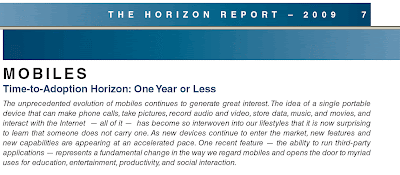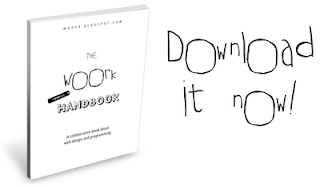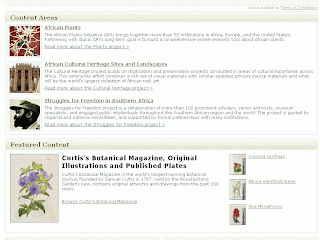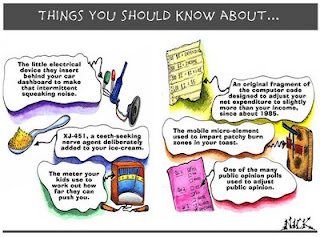
The next couple of months I will be working with colleagues from Peru (Luis Fucai, Ellar Llacsahuanga and Carlos Kiyan) on a mobile learning project (funded by the Reach initiative, Tibotec grant) that involves iphone's and NokiaN95's for physicians in Peru. The choice of the phones that are used in this project was primarely given by the types of mobile devices that were supported in Peru and the preference of people involved.
Because of the successful marketing the iPhone was first on the list of many physicians, nevertheless we wanted to opt for a broader aray of mobile operating systems and so the symbian driven Nokia N95 was added.
The biggest disadvantage of the iPhone is the non-flash and non-java options, definitely limiting a wide aray of mobile interactivity, but ... sometimes the learners choose which technology will be used and then it is up to the mobile deliverers to see what they can come up with (tough).
Mobile modules will be developed that offer lifelong learning to physicians working on HIV/AIDS.
Working with different phones and different operating systems is a challenge that we wanted to take upon us. So along the way I will give feedback on the hurdles we take during the development of these courses.
The first hurdle: developing web content on the iPhone
A great resource of how you can tackle this is this blogpost (first part) and this one (second part) of the fabulous Soulsoup blog with Anol Bhattacharya who works as COO at getIT in Singapore.
He gives some great pointers:
- how you can make your websites more iPhone friendly (pasting from his post);
- How to test your iPhone content;
- How to design web content ‘made for iPhone’;
- ...
He also offers a lot of links, of which I really like the iwebkit, Iwebkit is the revolutionnairy kit used to create high quality iPhone and iPod touch websites in a few minutes. In the first 4 months of it's existance the pack has greatly evolved from a basic idea to a project that has reached worldwide fame!
If you are into iPhone content delivery, these two posts are definitely a great resource to start with.






